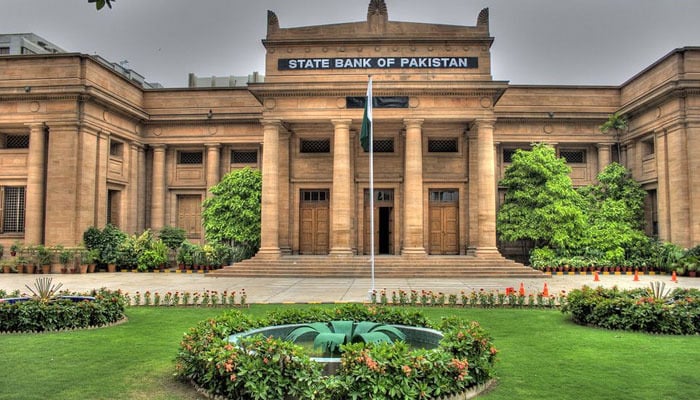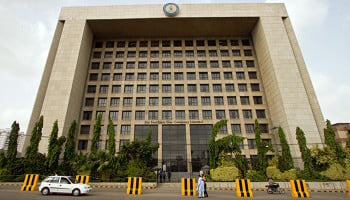
The State Bank of Pakistan (SBP) has introduced two new standards to bring consistency to Islamic banking practices across the country.
These standards, developed by the Accounting and Auditing Organisation for Islamic Financial Institutions (AAOIFI), aim to standardise Sharia principles for Islamic banks, improving transparency and alignment with global practices.
First requirement in AAOIFI Shariah
The first standard that can be taken into consideration is AAOIFI Shariah Standard No. 36 relating to "contingent incidents" and how "they impact banking commitments."
Contingent incidents refer to unforeseen events affecting agreements after execution, distinct from issues arising during contract formation.
Read more: FBR revises property valuation rates in 56 cities
This guideline helps manage contingent incidents, providing explicit guidelines for banks. It covers situations requiring commitment changes or, in some cases, contract termination, nullifying commitments.
This regulation would ensure that any unforeseen event does not disrupt the fairness and integrity of the Islamic banking contracts.
Second requirement in AAOIFI Shariah
The second requirement in AAOIFI Shariah Standard No. 37 is the "credit agreement," where it shows that debt obligations in Islamic finance emanate from the type of credit agreements. For immediate debt, such as loans, and debt possibly arising from services related to bank guarantees, fall under "credit".
Islamic banking by providing these facilities enables banks to dispense funds without conflicting with Sharia principles, which forbid earning interest on loans, as outlined by the State Bank of Pakistan (SBP).
















